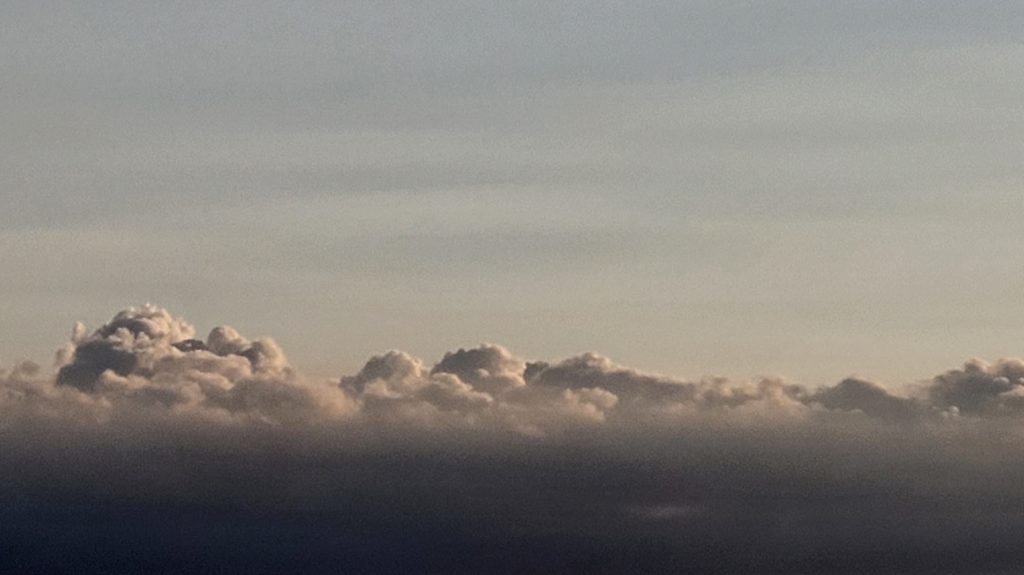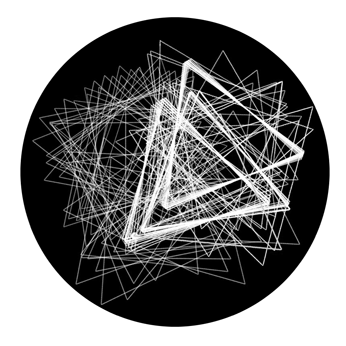
In modern readings of consciousness, we find an interconnectedness that’s exclusive of autonomy and free will. We’re left powerless but for the conventional, albeit false, “I” we encounter in our experiential lives. So how then, do we count the “I” blameless for what occurs in the world when even our very consciousnesses are hijacked (for lack of a better word) by infinite deterministic entanglements (most, hopelessly unknown to us); when the movement of my hands obstructs your breathing passages?
We can’t. But even from a conventional sociological stance, David Benatar says this in one of his essays published in Aeon, 2017:
“The optimists argue that prospective children are unlikely to be among the perpetrators of such evil […persecuting, oppressing, beating, branding, maiming, tormenting, torturing, raping, kidnapping, and enslaving], and this is true: only a small proportion of children will become perpetrators of the worst barbarities against humans. However, a much larger proportion of humanity facilitates such evils. Persecution and oppression often require the acquiescence or complicity of a multitude of humans.”
I’ve been accused of using Benatar as a “false prophet” in lieu of religious adherence, but the above quote contains a veracity that could be considered truth from God himself. Still, it is difficult to situate yourself in human turmoil without requiring room to grow as an individual. You can’t live your life thinking you’re responsible for the ugliness that pervades experience. For convenience and expediency, then, we categorize ourselves in unclear silos. You’re Muslim, I’m Christian, he’s black, she’s a Canadian… I’m me, you’re you. We can then more efficiently assign blame. This happens even in the Left’s self flagellations. In a piece written for the Globe & Mail in 2021, Andrew Coyne says the following about Residential Schools in Canada:
“The policy could not have been sustained all those years without the tacit support, or at least acquiescence, of prime ministers, members of Parliament, civil servants and ultimately the general population. The shame of it – the immense, unspeakable shame – must be worn, not solely by the individuals most directly responsible, but by Canada.”
This issue is problematized when you place all Canadians in one group. Do I as an immigrant to Canada in 1996 hold myself responsible for residential schools? I wasn’t even voting age when I landed. Perhaps, Coyne meant a lingering guilt, detached from the crime itself, that’s supposed to keep us in check much like Nikki Haley’s explanation of the cause of the American Civil War. What about categories that go beyond physical borders? Categories such as ideas.
The opposite of Coyne’s self-blame can be found in one episode of Jason C. Bivins’, “Thinking About Religion and Violence” (2020). Forgive me for not citing the exact episode since I’m unable to access the series at this point. But as memory serves, Professor Bivins was emphatic about the disconnect between “all Muslims” and jihadism. Bivins’ point has been raised time and time again and remains one of the most pressing topics in the world today. Consider Trump’s “Muslim ban” or the level of “Islamophobia” in the wake of the Arab-Israeli conflict.
Sam Harris, in his latest podcast episode, says this of the problem between Muslims and jihadism:
“And, most important, the majority of Muslims everywhere need to face these facts and be honest about what jihadism is, and where a sincere belief in martyrdom leads. They have to moderate Islam in ways that other religions have been moderated. And there are some hopeful signs that this is happening—at least among the rulers of the gulf states. But a disavowal of jihadism needs to become the majority opinion among 2 billion Muslims worldwide. Until this happens, there will be no exit from these sorts of conflicts.”
Given all these examples of blame and acquiescence, maybe it’s prudent to understand how and where you sit in relation to each problem you come across. Can we compare blaming all Canadians for residential schools to blaming all Muslims for jihadism? Maybe the devil, or the solution, is in the details. But nationality resembles religion from where I’m sitting. I’m not saying that every Muslim is responsible for jihadism, but look at Coyne’s conviction about the “immense, unspeakable shame” that Canadians should bare for residential schools.
Concluding this post is difficult. There is no final answer given our inclination to perpetuate ourselves and thus our strife. More than half the time, it’s not a comfort to know we’re not alone.
- Andrew Coyne – “The shame of residential schools must be worn by us all – not just historical figures“
- David Benatar – “Kids? Just say no“
- Jason C. Bivins – “Thinking about Religion and Violence“
- Sam Harris – “5 myths about Israel and the war in Gaza“
